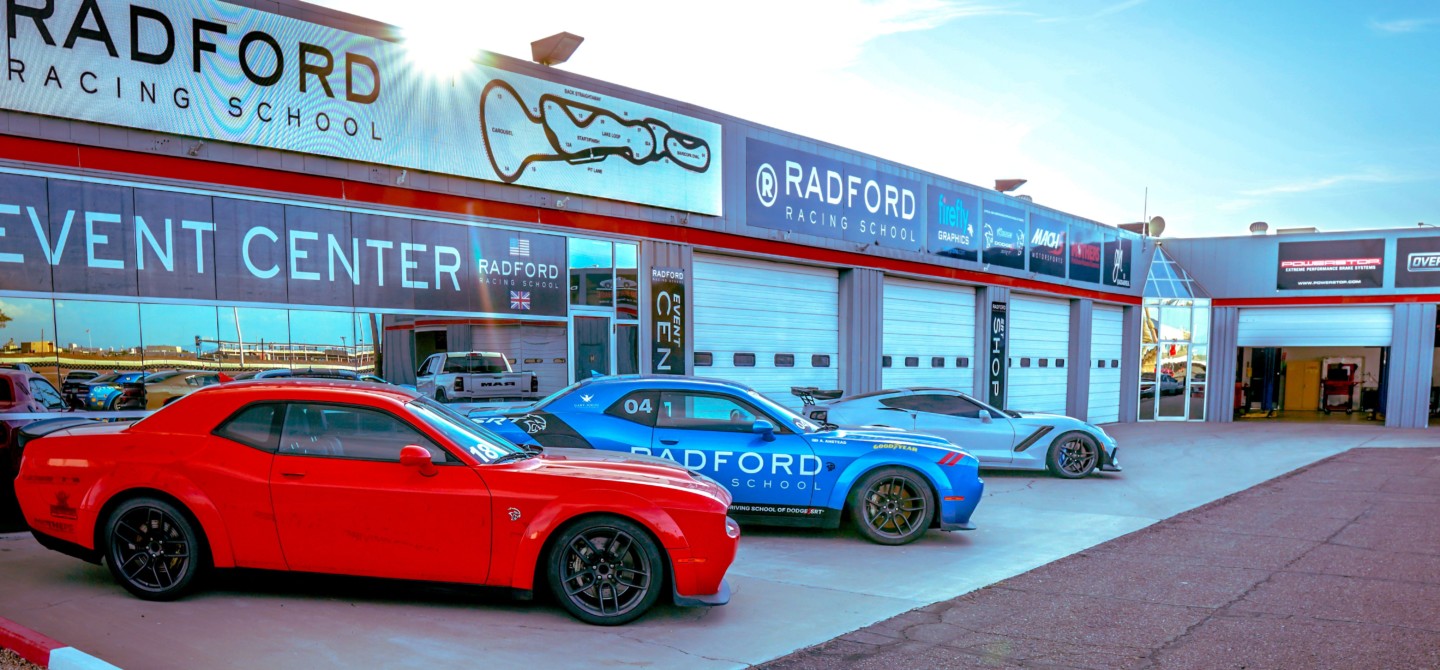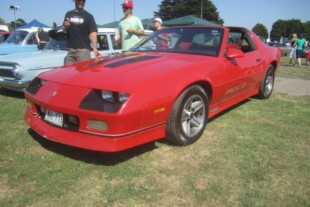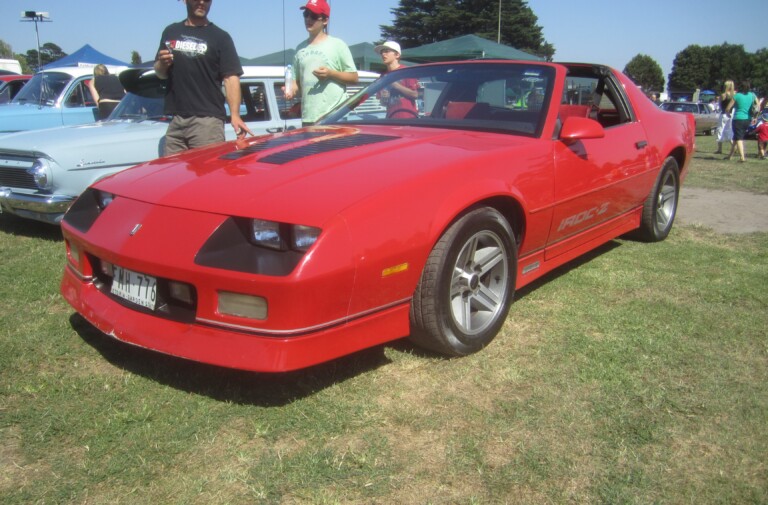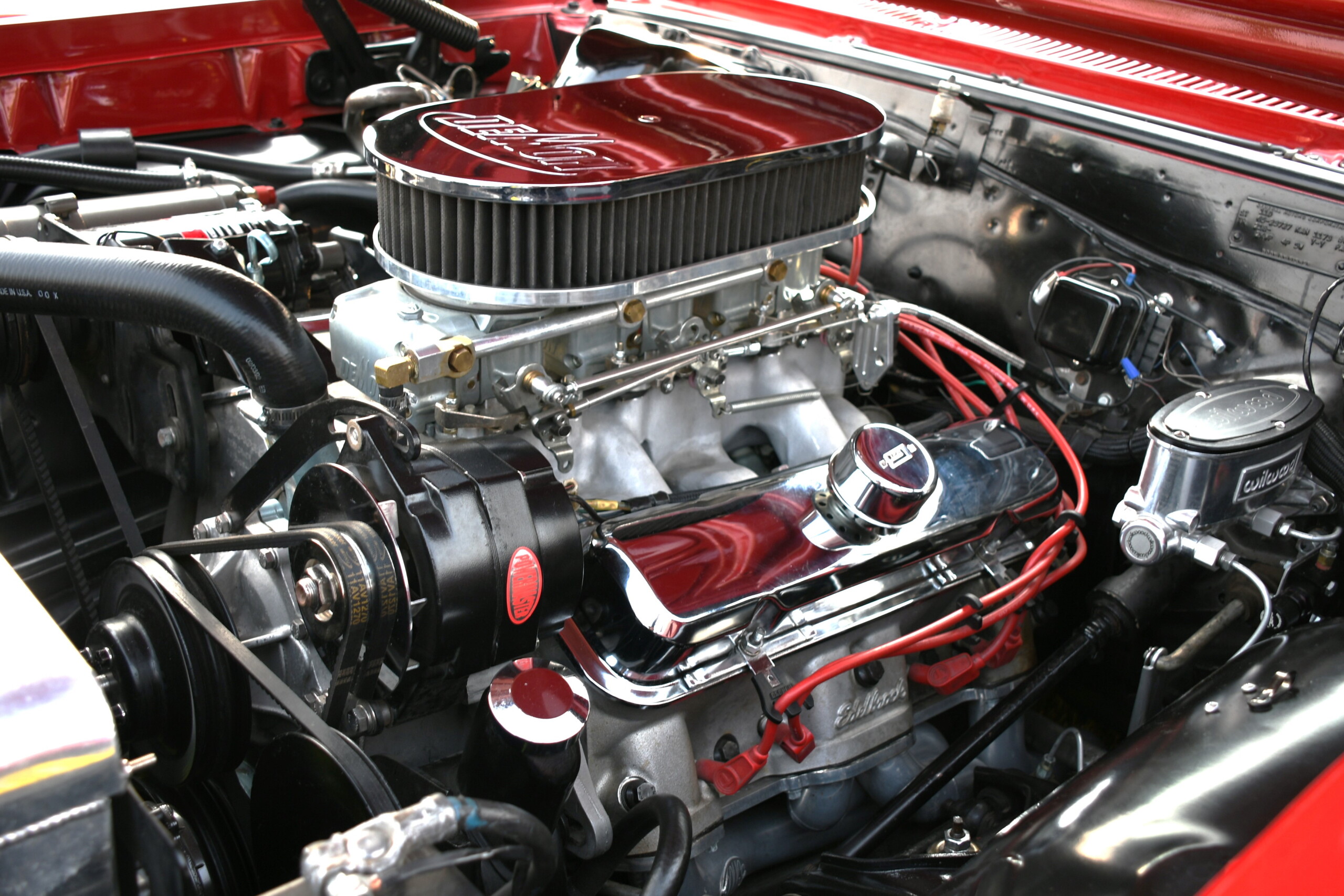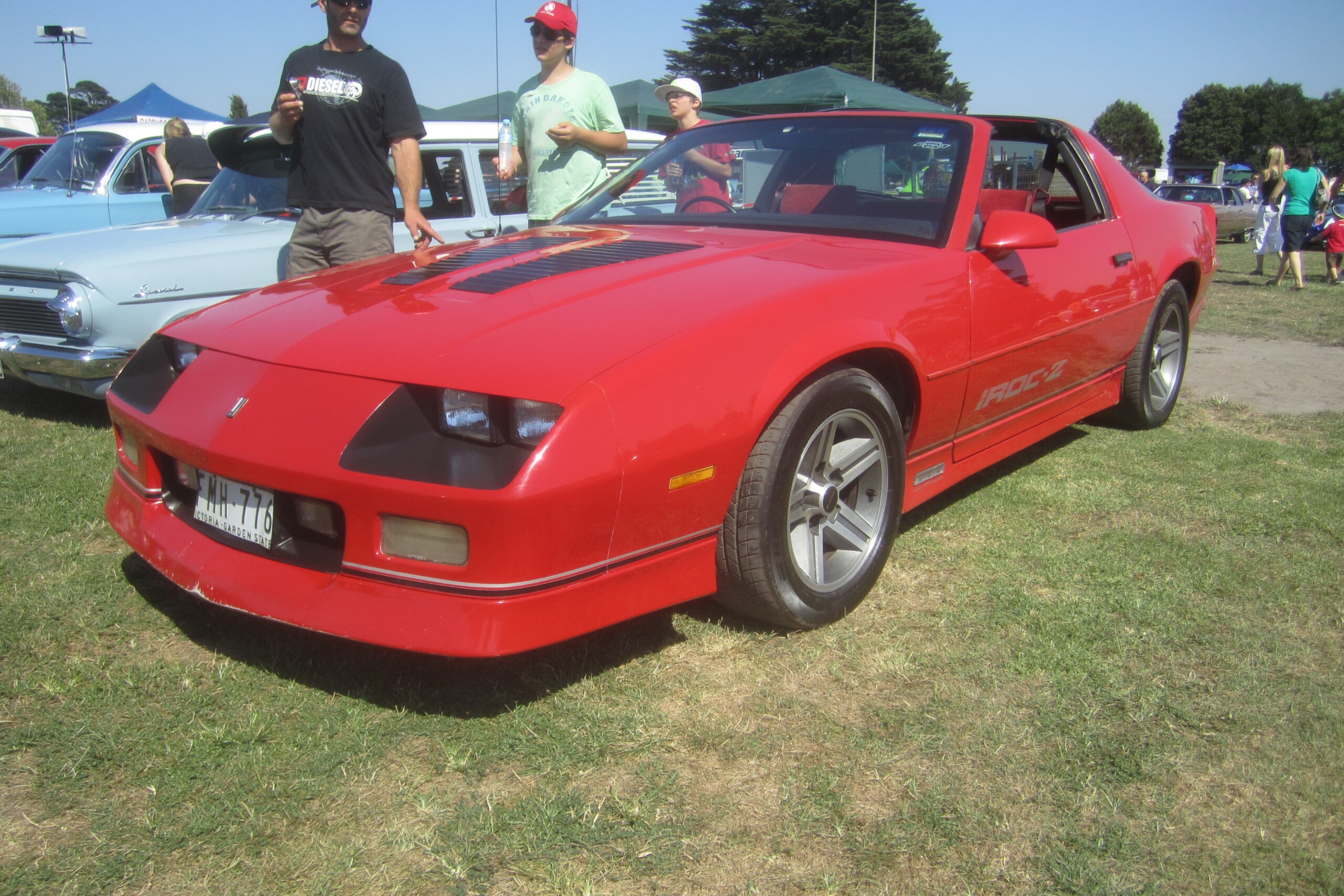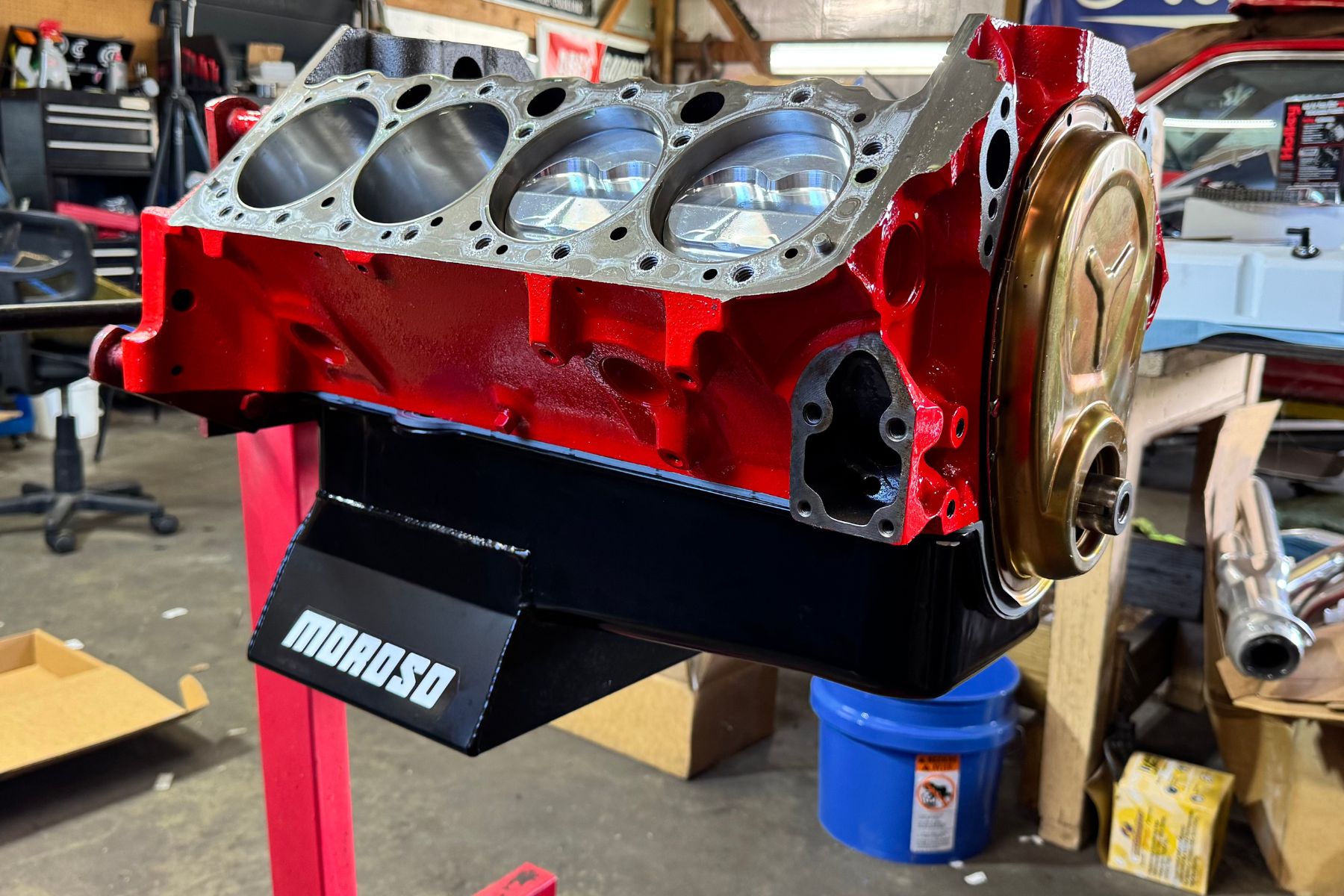Almost a year ago the team at Street Muscle Magazine made a trip in partnership with Dodge/Stellantis to the middle of the arid desert in Mesa, Arizona. It was a circus of mythical creatures that any self-respecting auto enthusiast knows extremely well. But one that has to be tamed by the masses – we are speaking, of course, of the Dodge SRT Hellcat in all of its forms – be it Challenger, Charger, Trackhawk, or RamTRX.
One of the things that we have previously praised Dodge SRT on is the fact that they stress the safety of their customers. So much so, in fact, that they include a one-day driving course at the newly-founded Radford Racing school with the purchase of any Dodge SRT vehicle.
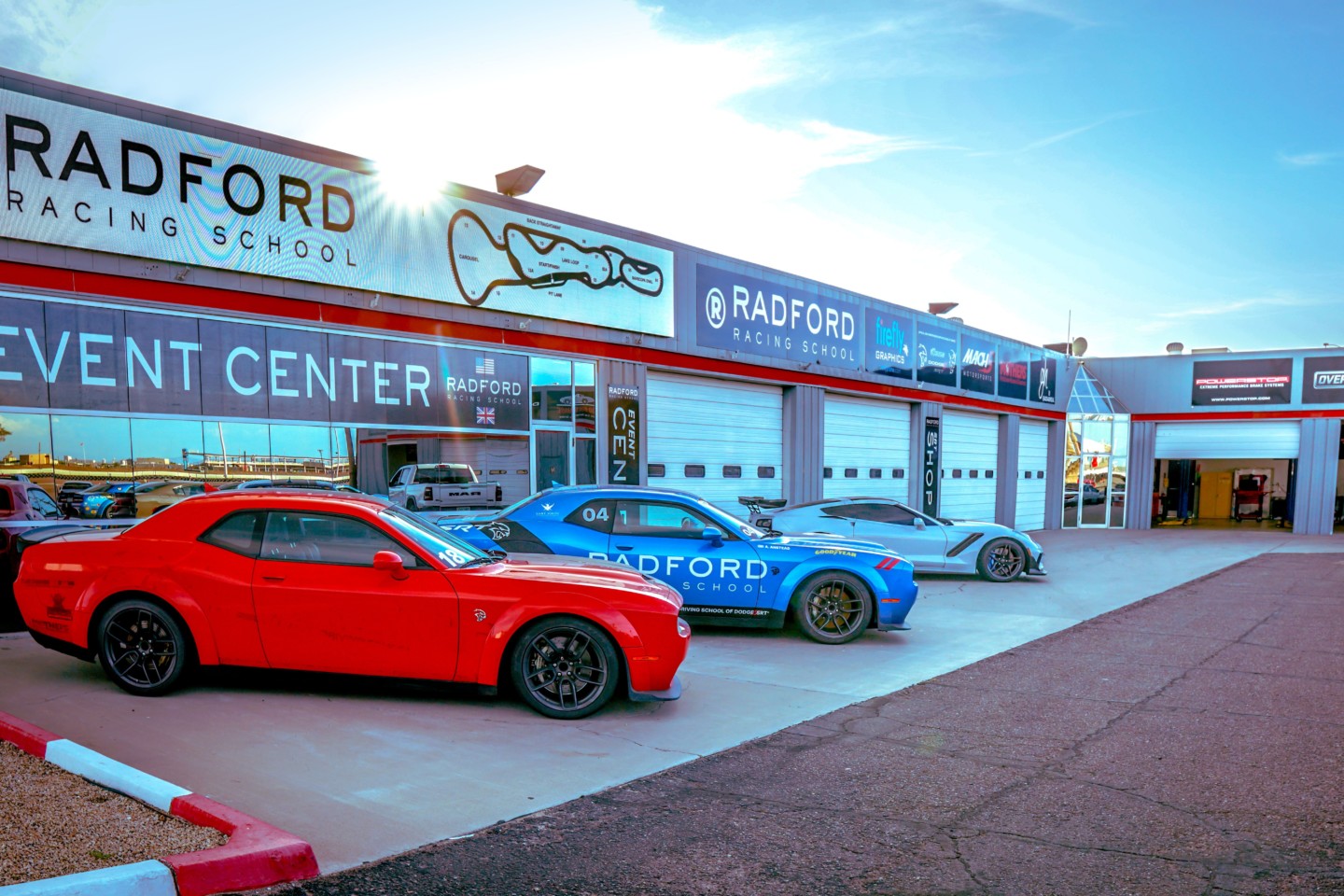
Radford Racing School is a premier training facility where everyone from top racecar drivers, to famous celebrities and novice drivers, hone their skills on the race track.
The one-day class is good for one year and is transferable in the event customers were to buy used. Now, we wanted to take that a step further. So, when we reached out to the folks at Radford Racing, they were all for it! Instead of offering us a slot at a one-day course, they invited us out for the racing school’s three-day high-performance driving course and we jumped at the opportunity! But, wait there’s more! (Insert Ron Popeil joke). They also offered to let us borrow one of their Hellcat fleet cars to review. We scheduled our three-day course for about a month later, which gave us ample time to familiarize ourselves with the 717hp monster. You can read about that experience, here.
Curriculum
Day 1:
8:00-8:30 Arrival and Check-in at the Front Desk with Christine and Kaelyn
8:30-9:30 Introduction and Facility Walk with Chief Instructor Danny Bullock
9:30-9:45 Vehicle assignment and Seating Introduction
9:45-11:00 Slalom Drill
11:00-12:00 Formal Ground School with Instructor
12:00-1:00 Lunch (Provided for All Students)
1:00-1:30 Afternoon Ground School
1:30-2:30 Skid Car Training
2:30-3:30 Accident Avoidance/Evasive maneuvers
3:30-3:50 Slalom Re-cap
3:50-4:00 Classroom Debrief with Class
Day 2:
8:30-9:00 Morning Ground School
9:00-10:00 High-Speed Braking Clinic
10:00-11:00 Handling Drill at the Oval
11:00-12:00 1-Lap Auto-Cross
12:00-1:00 Lunch
1:00-1:30 Afternoon Ground School
1:30-2:30 Handling Drill at the Oval
2:30-3:30 2-Lap Auto-Cross
3:30-3:50 Classroom Debrief
Day 3:
8:00-9:00 Skid Car Training
9:00-10:00 Handling Drill at the Oval
10:00-11:00 2-Lap Auto-Cross Recap
11:00-12:00 Lunch
12:00-2:00 On Track Introduction/Lead-and-Follow Session/Open Track with Instructor Feedback
2:00-2:30 Graduation!
Now, the curriculum for the three-day high-performance driving course is set up so students learn to crawl before they walk, and walk before they run, and run before they can sprint. However, at the end of the three-day driving course, they can most certainly sprint! The team of instructors is as skillful as any professional racing outfit – that is what they are, after all.
Their instructors train future champions alongside famous celebrities, and everyone gets the same level of instruction – top-notch. In fact, when people like Kevin Hart want to up their game behind the wheel, they see the people at Radford. It’s not just the instruction that sets the school apart though, the team of mechanics that service the big cats, popping out brake pads, and swapping tires is as skilled as any NASCAR pit crew.
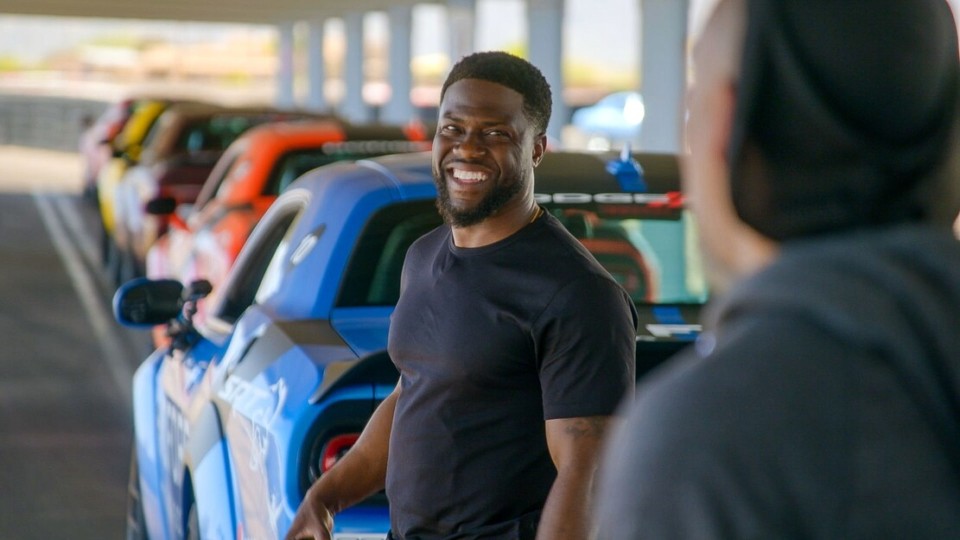
Even celebrities like Kevin Hart have been known to frequent the facility in Mesa, Arizona. In fact, Kevin even filmed a new television series there.
The curriculum (outlined above) is broken up into several main sections, of course, each step is equally important, but in the interest of time and to eliminate the chance for spoilers, we’ll run down the most memorable portions. The first section starts with some time in the classroom followed by walking the course with the Chief Instructor, Danny Bullock. Once the formalities are out of the way, students are assigned vehicles and prepped to get into the first driving challenge – the slalom.
The Slalom
The slalom is possibly the most humbling of all the stages of the curriculum. Students literally start out going no faster than 15 miles-per-hour and, of course, that leaves much to be desired for the aspiring race car driver or just the excited enthusiast.
But students quickly learn that while moving their speed up in increments of 5 mph they quickly reach a point where weaving around the cones separated by a mere 60-feet and swinging that big Dodge through the open space becomes extremely challenging. By the time they’re done doing 45 miles-per-hour they realize just how important it is to look ahead. All of you drivers out there distracted by your cell phone, that last bit is especially important because of the difference in reaction time from 15 to 45 miles an hour. It’s akin to assessing the reflexes of a toddler versus the reflexes of a fighter pilot.
Still, it creates a great foundation for what comes next because the key takeaways are looking ahead along with spatial awareness with relation to the size of the vehicle and the obstacles.
The Skid Pad
Moving onto the next stage took us to the skidpad where customized Dodge Chargers equipped with a hydraulic system that enable the chief instructor to raise and lower the front and rear of the car. But this isn’t any old hydraulic system you would find at a low rider super show, but rather an advanced training tool to help drivers learn what to do in the event of a skid or oversteer.
As you make up your way around a figure-eight, the instructor either raises or lowers the front and rear of the car to create manufactured oversteer or understeer scenarios leading to either the rear of the car sliding away from you or the front of the car pitching in toward your turn. Either way, they are key examples of why people train. In fact, the Chief Instructor, Danny Bullock explained to us that he feels all drivers should take part in this training, whether they’re racing or otherwise because it would help in the event of any kind of traction-related mishap. Especially for those who often drive in the snow or the rain or gravel or dirt – basically, anything that lowers the amount of friction between the rubber in the road. The training really works!
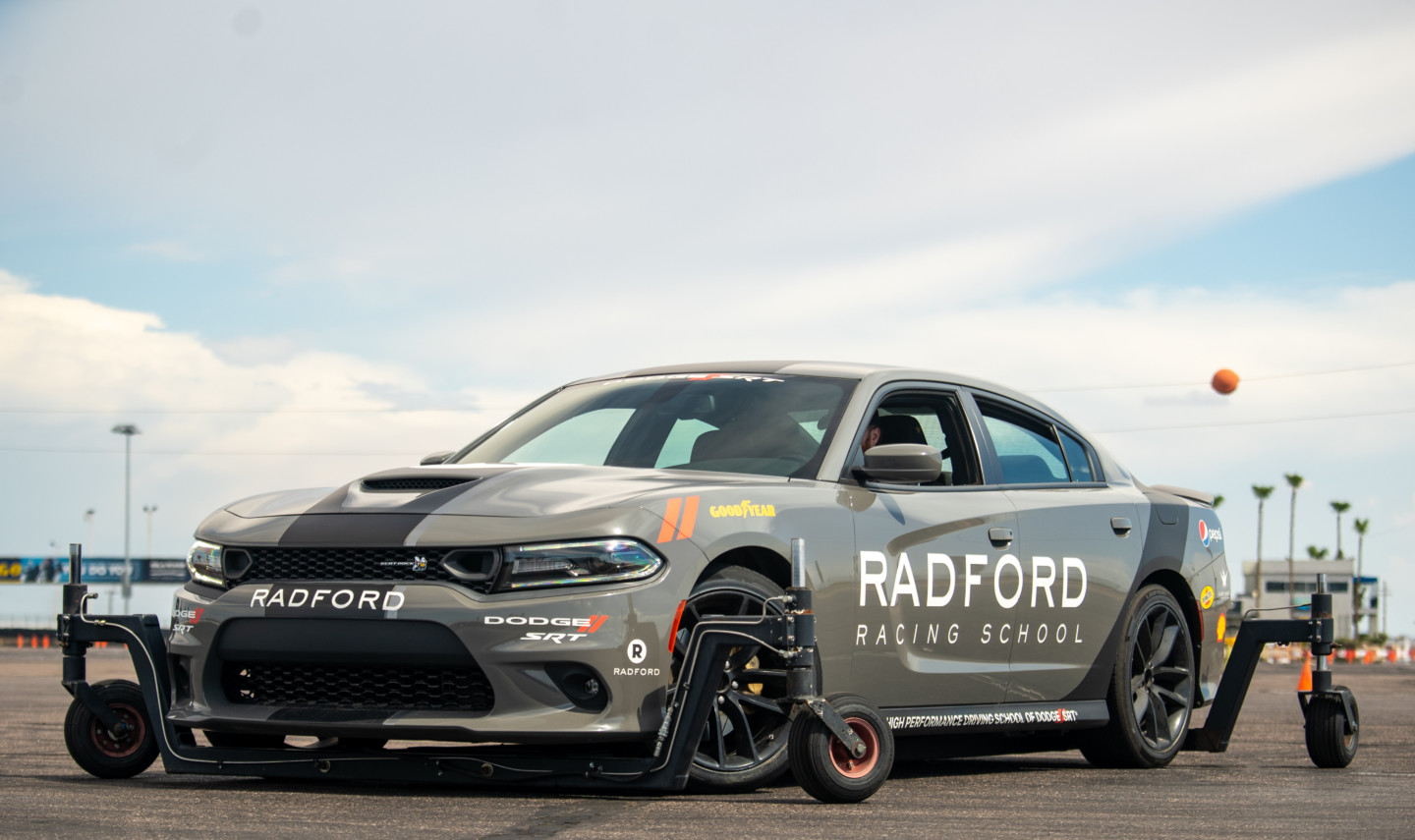
The skid car was one of the most challenging and rewarding training exercises of the three-day course. By the time we were done, we could slide that big Charger around the cones like Ken Block. Or, at least it felt like that. Ha!
We will admit, at first it was very challenging. We were required to keep our eyes on the cones at the four corners of the figure-eight, just long enough to enter the turn and initiate the slide and move our eyes for the next turn or the exit – constantly keeping our heads up and our eyes ahead of where the car is going. A seemingly simple task in theory, but in practice, a whole different animal. Still, by the end of our skidpad session. we were flinging that big Charger around the figure-eight like Dai Yoshihara or any of the big-name drifters – Tanner Foust comes to mind.
The Autocross
Once we were done with the figure-eight, we moved on to the autocross, which challenged the skills that we had learned in the car already, like initiating a turn, negotiating that turn, and preventing a slide. Failure to follow the lessons quickly cost the students precious seconds which mean the difference between winning and losing.
Autocross is unique because drivers are not racing against another person but instead racing against the clock, so keeping their eyes up, entering the turn at the right time, looking toward the exit, and always being ahead are what matter on the autocross course. It’s easy to become overzealous and initiate a slide or oversteer costing the driver valuable seconds.
When students ride in the car with the instructor, the instructors make it look effortless and they cruise through the autocross in short order. Then the students get behind the wheel, many don’t realize how much of a difference the small things make. If you hear your tires screeching, chances are you’re going to be slow. If you feel the ass end of the car slide out, chances are you’re going to be slow. If you catch yourself looking at the cone that you’re already passing instead of the one that you’re aiming for, you’re gonna be slow. Still, by the time we were done with the autocross course, we had cut a pretty good time – 1:29 to be specific, which was close to the top of the list for the three-day course. Although we were bested by some of the other students – it’s challenging out there.
The Big Track/Lead And Follow
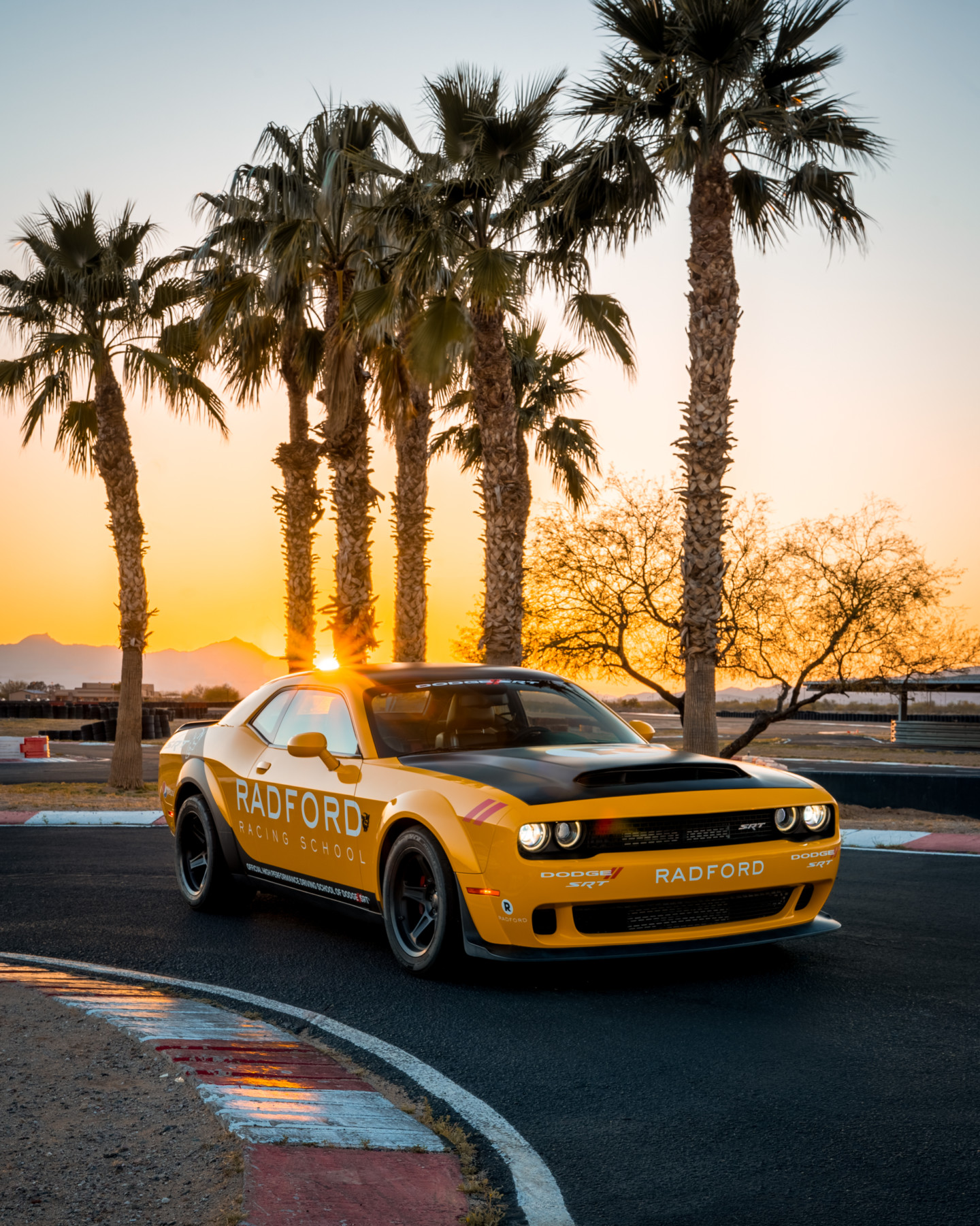
The final day was spent on the big track where the big boys play. Things start out with a lead-and-follow exercise with the team of instructors and students, but before long, the instructors let the students smash some laps on their own.
Once we were done with the autocross course, we moved on to the big track – the final stage where we put all of our lessons learned to the test. The instructors took us out, and we did a short lead-and-follow before all of the students were allowed to really stretch their legs on the big track, those of you who have never done it, it is truly an exhilarating experience. However, it can also be harrowing at the same time. Hellcats are 700+ horsepower handfuls, and if you pitch one into a corner too hard, you can quickly find yourself into a wall or careening off the track altogether.
Luckily, no one in our class had that kind of fortune, and everything went smoothly. We flew around the track like a team of synchronized swimmers, initiating our turns, spotting our exits, upshifting and downshifting at the perfect time, trail braking, and modulating the throttle with some considerable skill. Hell, we even learned how to heel-toe downshift from the chief instructor – something we’d always wanted to do.
Graduation
The whole course wrapped up with a de-brief in the classroom with the instructors and students reflecting on all they had learned in the three-day crash (not literally) course in high-performance driving. The instructors gave out awards for fastest in the class, etc. Unfortunately, the team at Street Muscle narrowly missed first place, but there’s always next time.
We did get a nice diploma to hang on the wall and some helmet stickers to let everyone know where we learned to drive – something we are most definitely proud of.


